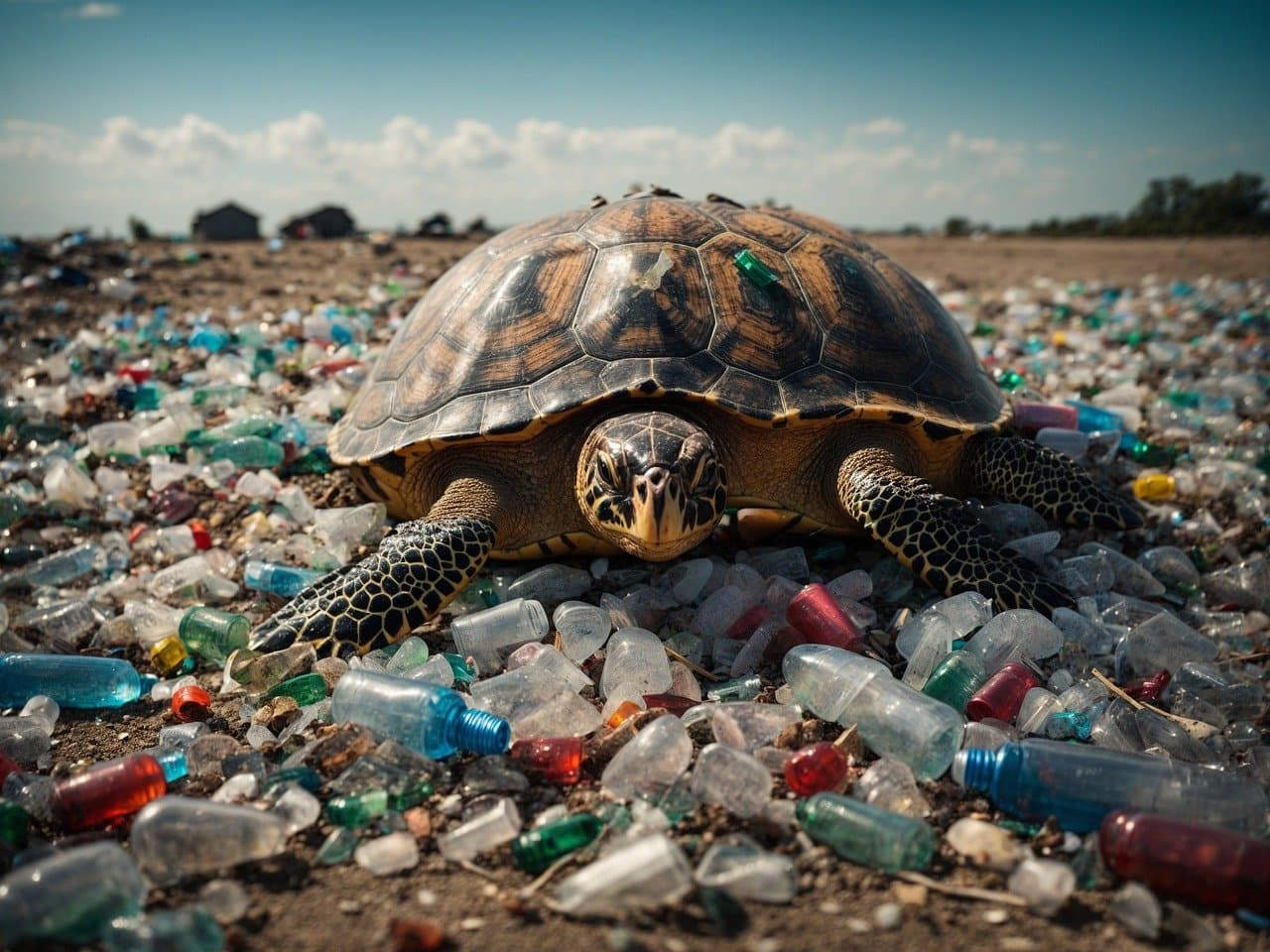After climate summit, now major division at UN plastic summit
The UN summit aims to create a global plastics treaty.
Published on November 25, 2024

Team IO+ selects and features the most important news stories on innovation and technology, carefully curated by our editors.
A day after the messy conclusion of the climate summit in Azerbaijan, representatives from 175 countries will meet in South Korea starting Monday. This is the fifth and final round of UN negotiations (INC-5), which aims to create a global plastics treaty. But as with COP29, the talks are complicated by divergent interests.
Plastic: it is a blessing, but also a curse. Of the more than 7 billion tons of plastic waste produced by humans, more than two-thirds ends up in the environment. It enters the ocean, ends up on snow-covered mountaintops, and in our bloodstream. The UN summit is therefore a great opportunity to address this problem.
Environmentalists, businesses, and many members of the so-called High Ambition Coalition - a group consisting of EU countries and nations in the global south where much of the waste is landfilled or incinerated - agree that limiting production is the most effective way to reduce plastic waste and encourage countries to recycle more.
However, countries such as China and Saudi Arabia, backed by fossil fuel industry lobbyists, have managed to stall progress in the past four rounds of negotiations. They focus exclusively on solutions that revolve around “circularity” - such as reuse and recycling - rather than introducing limits on new plastic production. The U.S. is currently pushing back, saying it opposes a production cap.
No production cap
While proponents stress how urgent it is, a legally binding production ceiling does not seem politically feasible this week. On other issues, different countries' positions seem closer together. These include talk of improved plastic waste management, increased recycling, and possibly better design of products to facilitate recycling. In addition, agreements could be made to reduce ocean pollution from plastic fishing gear.
